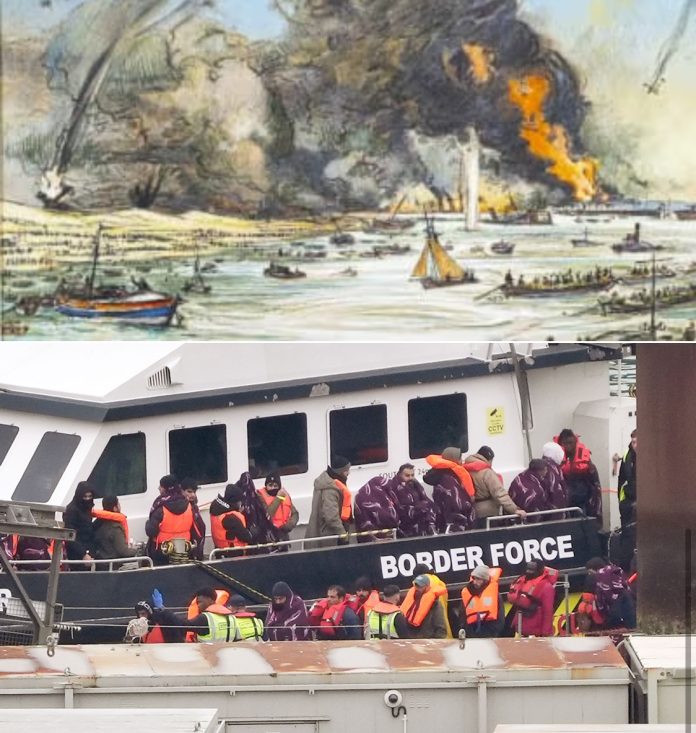This spring, an exhibition is on show detailing Poole’s role in the largest intake of refugees the UK has ever seen and the stories told by the victims and heroes.
Last ditch attempt at a better life
On the morning of the 15th of May, a family of five awoke in the Dutch town of Ijmuiden. Their position in this country had become untenable due to the growing negative opinion of their ethnicity spreading around Europe. It was this morning they found out today was the day they could and had to leave. In the coming days they requisitioned some bicycles and made their way to the coast to get aboard one of several boats making their way to the English coast.
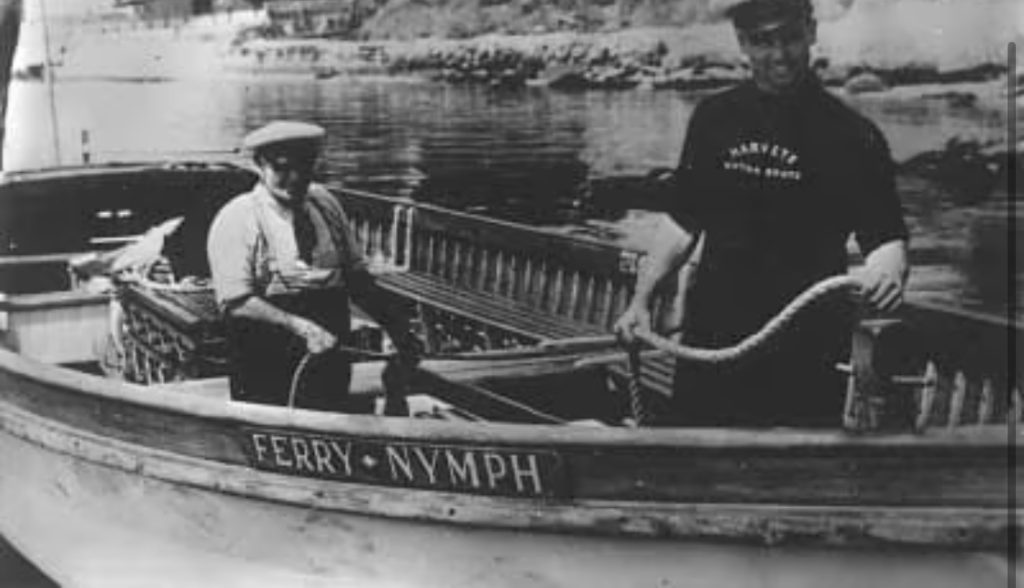
The organisers of the voyage forcibly split the family. The matriarch of the family, her daughter and son-in-law were forced onto a boat, while her son and daughter-in-law were on another. The ageing mother was forced to lie on the floor of the hull, told to keep down out of sight. The rusting old iron hull stained her hands orange as she lay in the dark suffering sea sickness.
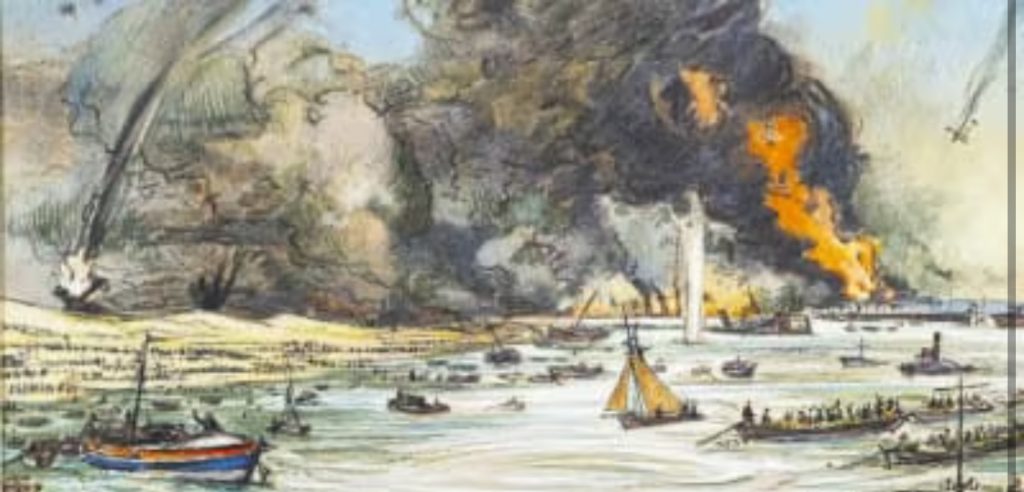
As fast as they were ordered off the boat on the Dorset coast, they were intercepted by the British authorities and detained in a secure location, inspected, interviewed, and their documentation seized. After receiving the all clear and being deemed to have a genuine case for seeking asylum, they were sent inland and housed for the foreseeable future. Organised and funded by a British government suffering its own domestic crisis.
Crisis of crossings
To those of a certain leaning, this true story is one like thousands more. People illegally entering the UK, being housed and helped, all off the back of the British taxpayer. For them this is the stuff of nightmares.
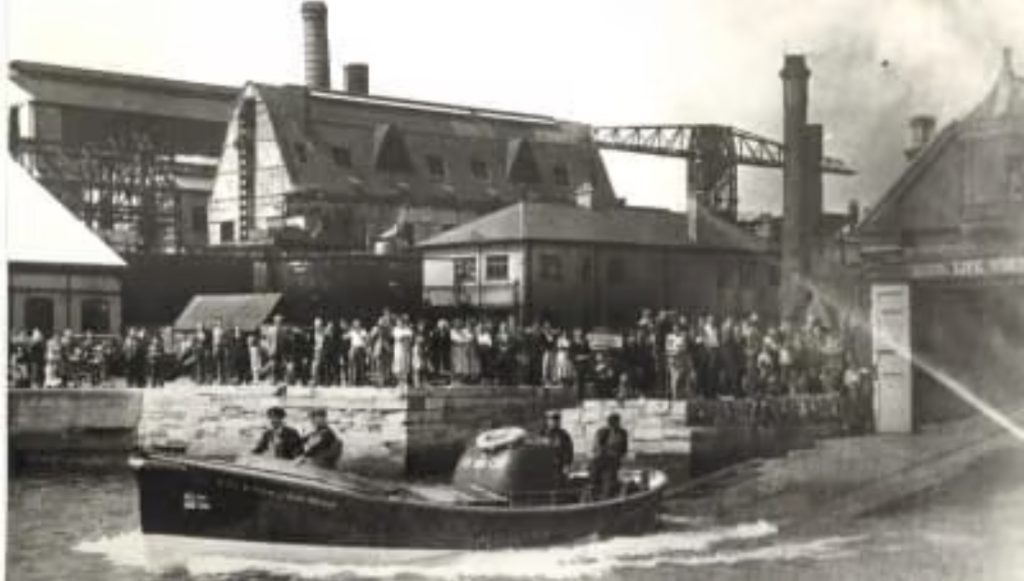
In 2022, numbers of people making the crossing peaked at 45,774, many being granted permission to stay. (The Migration Observatory).
These numbers pale in comparison to a period of 8 days when over 150,000 people, mostly men originating from India, Morocco, Senegal, and Cyprus (all but 4 of the 300 Indians being Muslims), crammed into small vessels and were ferried back and forth to the English coast.
Headlines hint at the racially charged nature of migrant crossings; the political right call it an illegal “invasion” of foreigners being given a free ride by the government. While the left will denounce the inhumanity of the situation and point towards the bodies of the children washing up on shore.
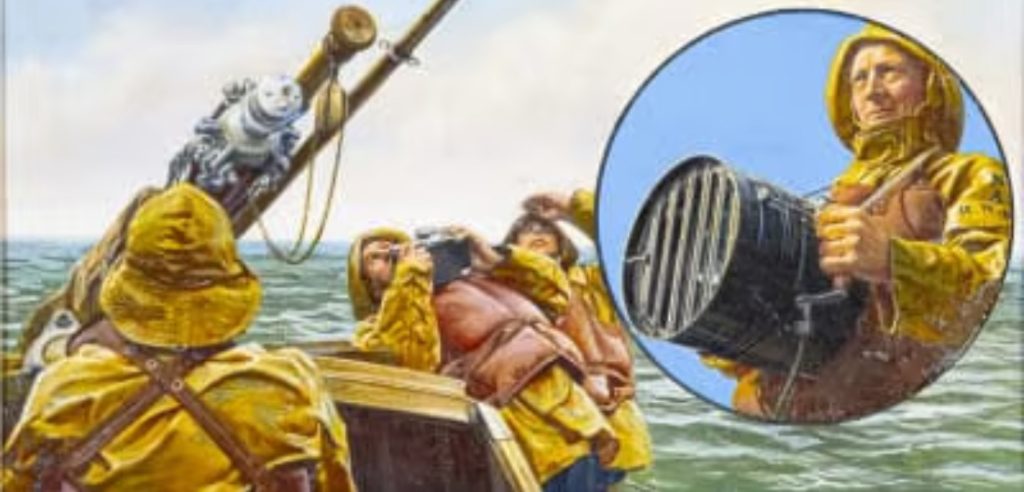
As unlikely as it sounds, the time period of a little over a week in which England took aboard over 150,000 foreign nationals would be roundly celebrated by all sides of the political spectrum as one of our country’s greatest moments.
“Our finest hour”
In 1940, Operation Dynamo, in which over 330,000 people were rescued from beaches, the Dunkirk evacuation has gone down in history as one of the most successful humanitarian acts.
The most patriotic St George’s flag-waving activist would decry the day when Britain, in its greatness, boasted its humanity in the face of inhumanity. When we got in our “tiny ships” and ferried foreigners in need into our home against deadly odds.
Of course the majority of those saved during the operation were retreating soldiers. Less known about are the thousands of civilians saved that day too. The above account is from Jacky Erwteman, who tells the story of her grandmother (Grandmama) and her parents. Dutch Jews fleeing the coast. Her Aunt Annie, along with her husband and two sons, was too late and was later killed in Auschwitz.
The Dunkirk Spirit
Fast forward to today, and people will argue that the stakes are different. Those people were fleeing a live war and religious persecution; of course it was our duty to help. It would be worth knowing that out of all refugees displaced internationally, the top five countries they originate from (totalling over 50 million people) are currently experiencing a form of civil war (Syria, Sudan, Afghanistan, and DR Congo) or foreign invasion (Ukraine).
As in the 1940s, today Britain is struggling with a huge financial deficit and a labour crisis. But a spirit of sticking together and doing what was needed came above all in the name of compassion. A notion that seems to have fallen away in the intervening years.
Lost at sea
It’s no coincidence that liberals are drawing comparisons as the UK is set to mark the anniversary of the operation and the current refugee crisis. Many point out that a significant difference between the “poor and in need” and the “invasion of foreigners” is the colour of their skin or the nature of their religious beliefs.
One fact remains the same: the corpses of the unlucky many still float in the world’s busiest shipping lane.
The full story of the Erwteman family is on display at The Lighthouse Poole, as well as the valiant role the RNLI took and the local heroes of Poole who dropped everything to help their fellow man in need.
“Poole at Dunkirk” is on display at The Lighthouse Poole.
30th April – 1st June. Tue – Sat, 10am – 8pm

